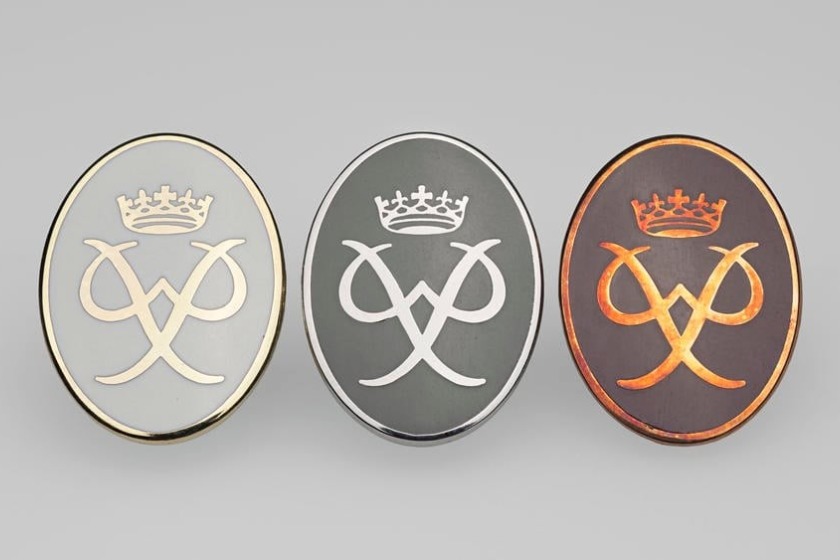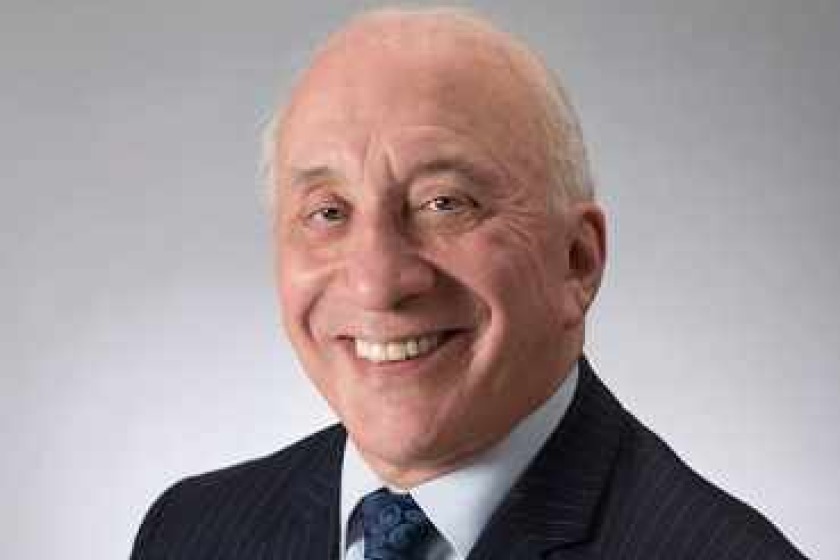Tue, 18 Feb 2020
The Isle of Man Budget 2020-21 has been presented to members of Tynwald this morning by the Treasury Minister, Alf Cannan MHK.
The Minister said that the Island's Government has a fiscal plan to absorb the Public Sector Pensions deficit; setting out a targeted investment in public services and generally is 'looking at where we're going.'
Main objectives mentioned are to grow the economy, deliver essential capital projects, support hard-working families and improve the lives of vulnerable members of the community.
Delivering his fourth budget in Tynwald against a backdrop of increased tax receipts and a buoyant workplace, the Minister announced a package of measures aimed at supporting low to middle-income earners, developing vital infrastructure and boosting business and jobs.
The highlights include a fourth consecutive rise in personal tax allowance and targeted increases in benefits and allowances for parents, carers, pensioners and people with disabilities.
Mr Cannan said: ‘The five-year plan is succeeding in placing the Island in a strong position and it’s the right time to highlight how carefully selecting our objectives – and delivering on them – will continue to ensure the Island remains a special place to live and work.’
The Minister revealed the Isle of Man Government’s accounts, supported by a drawdown from the Public Service Employees Pension Reserve, are forecasting a surplus of £11.1m in the current year - representing an increase of £9m on the budgeted amount - and that a prudent approach to the five-year plan will generate contributions to reserves by 2021-22.
Tax receipts are forecast to be higher than expected and low unemployment has led to savings being made on welfare payments.
A total of 427 new taxpayers have been added to the workforce during the past year, while 147 employers have registered with the Income Tax Division.
Looking ahead to the new financial year, the Minister highlighted a number of initiatives to support low to middle-income workers and improve residents’ personal circumstances:
Funds totalling £10 million will be focussed on the Island’s response to the climate change emergency and will empower Departments to bring forward initiatives that support the actions and objectives of the independent climate change report compiled by Professor James Curran.
Investment in our health and social care services will total £14m which will include £5 million dedicated to healthcare transformation and £2.8 million to fulfil the standard 2% pay increase.
Capital schemes will receive an investment of £4 million while £2.2m will support the development of new and expanding services as well as strengthening the vital connection provided by the air ambulance.
More than £500,000 will be invested in the Island’s young people through apprenticeships, providing skills relevant to the Manx economy, and further investment in digital infrastructure will see £1.5m committed to the rollout of fibre broadband Island-wide.
Mr Cannan announced that the National Insurance Holiday Scheme, a successful relocation incentive launched last year to support employers with their recruitment programmes and to increase the Island’s population, would continue for another 12 months.
Emphasising the focus being placed on maintaining the Island’s reputation for enterprise and opportunity, £5m will be set aside for schemes to support new businesses.
Mr Cannan said: ‘We are building on the foundations set during earlier Budgets and focussing on sustainability as the key theme while addressing challenges presented by local and international economic conditions.
‘The past three years have seen high employment and a buoyant jobs market due to this Government’s measures which have stimulated the economy and enabled more people to find work.
‘Our ongoing fiscal plan continues to focus on exercising sound financial control and delivering value for money public services, while rebalancing the public finances and achieving a further reduction in Government’s reliance on funding from reserves.’
Total Government gross spending projected for 2020-21 equates to around £13,220 per head for every man, woman and child of the Island’s population.
This per-person figure includes:
 Fri, 29 Dec 2023
Fri, 29 Dec 2023
 Fri, 29 Dec 2023
Fri, 29 Dec 2023
 Fri, 29 Dec 2023
Fri, 29 Dec 2023
 Fri, 29 Dec 2023
Fri, 29 Dec 2023
 Fri, 29 Dec 2023
Fri, 29 Dec 2023
 Thu, 28 Dec 2023
Thu, 28 Dec 2023
 Thu, 28 Dec 2023
Thu, 28 Dec 2023
 Thu, 28 Dec 2023
Thu, 28 Dec 2023
 Wed, 27 Dec 2023
Wed, 27 Dec 2023